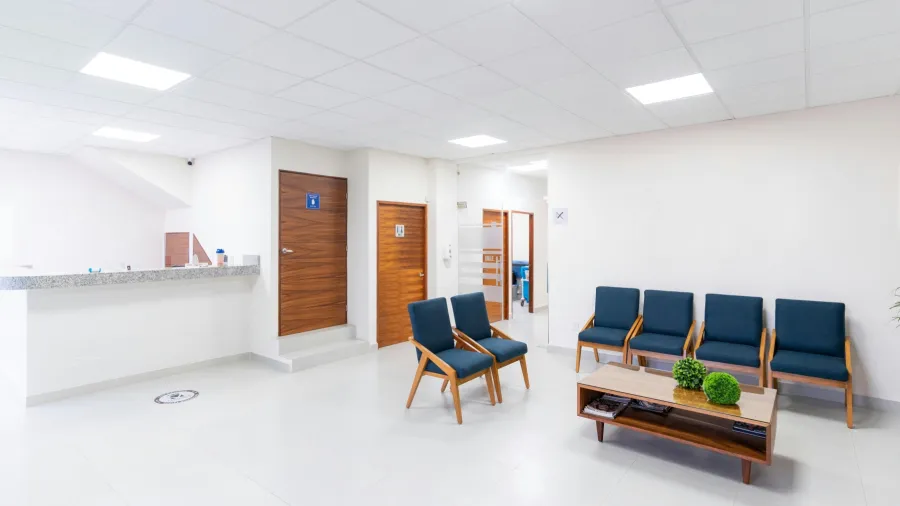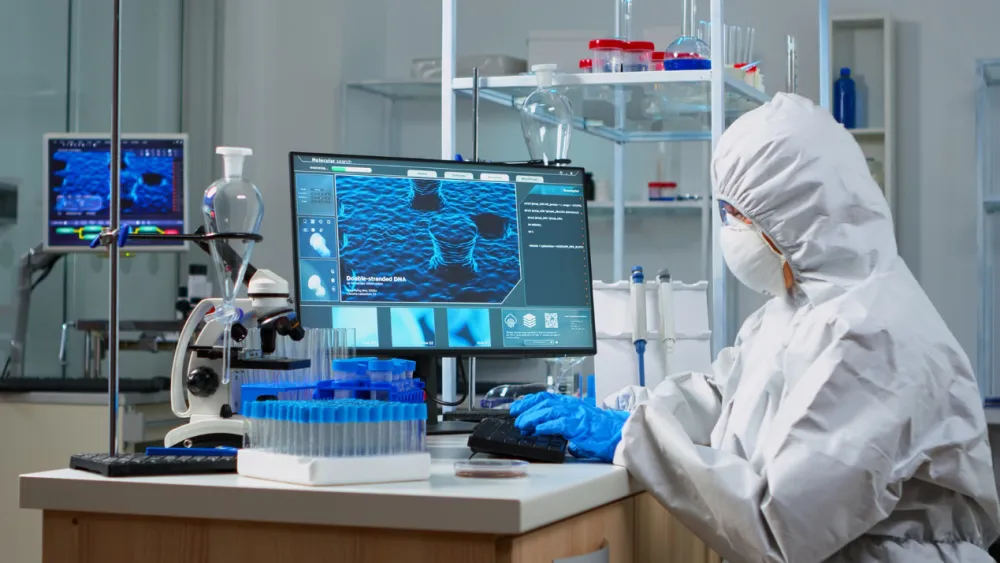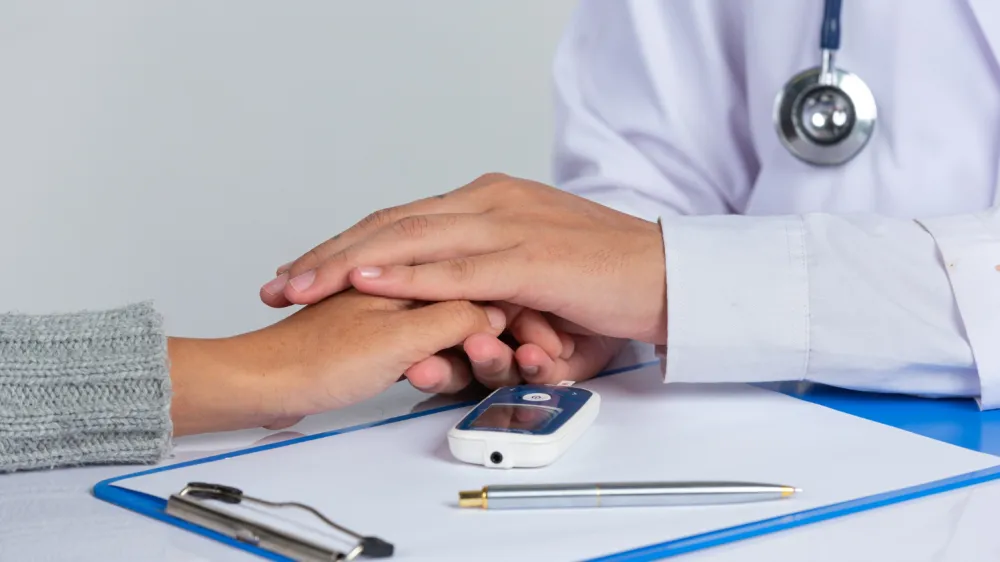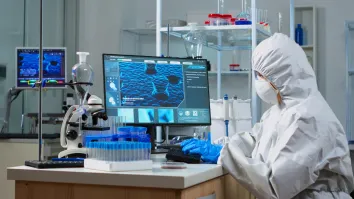
What’s driving the non-muscle-invasive bladder cancer market?
It is driven by a surge in NMIBC cases.
The market for non-muscle-invasive bladder cancer (NMIBC) is anticipated to grow significantly, reaching $2.6b in 2023, with a compound annual growth rate (CAGR) of 15% projected through 2034.
The growth is driven by a surge in NMIBC cases, now nearing 1.5 million in the seven major markets (7MM), particularly amongst intermediate-risk patients.
High-risk NMIBC is predicted to account for the largest market share, estimated at approximately $1.6b.
Current treatment options include surgery, intravesical immunotherapy (BCG), and chemotherapy. For intermediate and high-risk patients, the standard approach involves Transurethral Resection of Bladder Tumor (TURBT) followed by BCG immunotherapy. Regular monitoring through cystoscopy is recommended every three to six months.
The FDA has approved three key drugs for NMIBC, including KEYTRUDA ADSTILADRIN, and ANKTIVA.
A persistent BCG shortage, exacerbated by the COVID-19 pandemic, has led healthcare providers to seek alternative treatments such as gemcitabine and docetaxel. Efforts are underway to address the BCG supply issue through strategic partnerships.
Emerging therapies are also on the horizon, including Johnson & Johnson’s TAR-200 and CG Oncology’s CG0070, the latter of which is currently in Phase III trials and shows potential when combined with checkpoint inhibitors.



















 Advertise
Advertise





